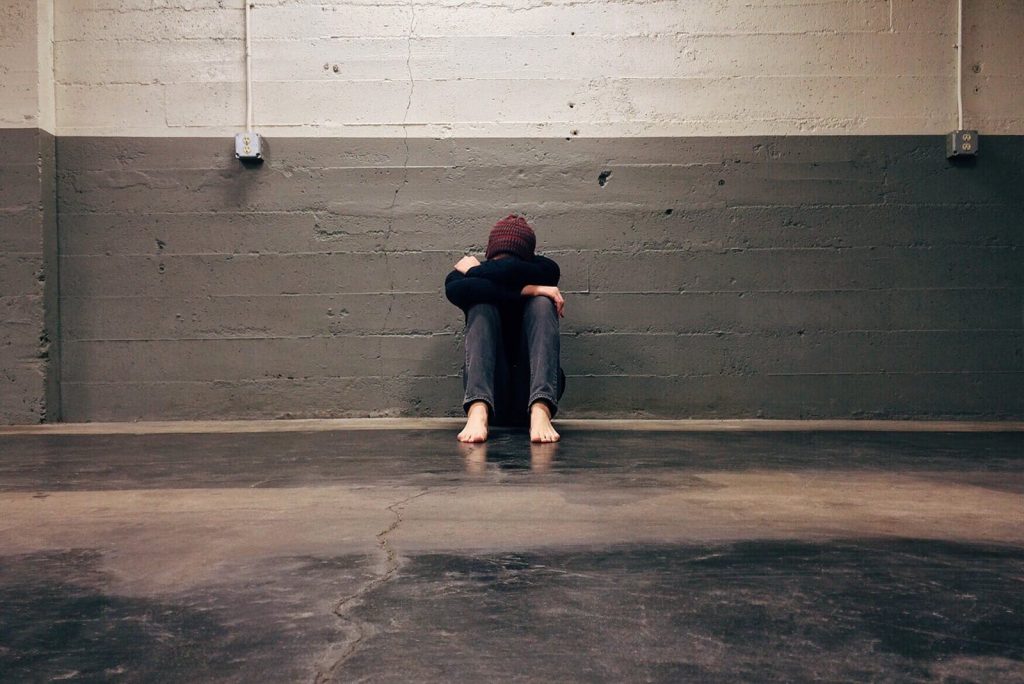Substance abuse is a serious issue that can have lasting negative consequences. If you or someone you love is struggling with substance abuse, it’s important to get help as soon as possible.
Taking the first step to overcoming substance abuse can be difficult, but it’s worth it. It’s important to remember that you are not alone and there is help available. These six steps can help you get started on the road to recovery.
Table of Contents
1. Detox and recovery centers
They can provide a safe and supervised environment for detoxing from drugs or alcohol. This is an important first step in overcoming substance abuse because it allows you to get the substances out of your system and start fresh.
Additionally, you can read more here on why we recommend detox and recovery centers. It’s also important to note that not all detox and recovery centers are created equal. Make sure you do your research to find one that will best fit your needs.
If you’re not sure where to start, you can always ask your doctor for a recommendation. This is an important step in overcoming substance abuse. It’s also important to remember that detox is not a cure, but it’s an important first step.
2. Inpatient treatment
Inpatient treatment is another option for those struggling with substance abuse. This type of treatment is typically more intensive than outpatient treatment and can last for 30 days or more.
Inpatient treatment usually takes place in a hospital or rehabilitation center. During inpatient treatment, you’ll receive around-the-clock care from professionals who can help you through the detox process and provide other services such as counseling and therapy.
This is an important step in overcoming substance abuse because it allows you to focus on your recovery without distractions. Also, if you have a more severe addiction, inpatient treatment may be the best option for you.
3. Outpatient treatment
After detox, you will likely participate in an outpatient treatment program in Massachusetts. This usually lasts for several months and involves attending group and individual therapy sessions several times a week. Also during this time, you will likely be asked to attend 12-step meetings and participate in sober activities.
It’s important to stick with outpatient treatment even when you start to feel better and want to return to your old life. Treatment is often most successful when it’s continued for at least a year. This gives you time to not only overcome your addiction but also learn how to live a sober life. Also, during this time, you’ll likely be asked to participate in random drug testing.
4. Sober living houses
Sober living houses are another option for those in recovery. These are group homes where residents must follow certain rules, such as abstaining from drugs and alcohol, attending 12-step meetings, and participating in sober activities.
Sober living houses provide a structured environment that can help you transition back to life outside of treatment. This is an important step in overcoming substance abuse because it allows you to practice living sober before returning home.
Additionally, sober living houses can provide support and accountability, which are important in early recovery. If you’re not ready to return home, sober living houses can be a great option.
5. Aftercare
Aftercare is an important part of recovery. It typically includes things like individual therapy, group therapy, 12-step meetings, and sober activities. The goal of aftercare is to help you maintain your sobriety and prevent relapse. Aftercare usually lasts for several months or more.
This is an important step in overcoming substance abuse because it gives you ongoing support and accountability as you continue on your journey of recovery. Also, many treatment programs will require you to participate in aftercare before they discharge you from treatment.
It’s important to follow through with aftercare even when you feel like you don’t need it anymore. Additionally, many treatment programs will offer alumni groups, which can provide support and connection long after you’ve completed treatment.
6. Maintenance
Once you’ve completed treatment and aftercare, you’ll likely enter into a maintenance phase. This is when you continue to live a sober life and work on maintaining your sobriety.
Maintenance usually involves things like attending 12-step meetings, participating in sober activities, and seeing a therapist or counselor on a regular basis. This is an important step in overcoming substance abuse because it helps you stay on track and avoid relapse.
Additionally, many treatment programs will require you to participate in maintenance before they discharge you from treatment. It’s important to follow through with maintenance even when you feel like you don’t need it anymore.

These are the six basic steps of overcoming substance abuse. If you or someone you know is struggling with addiction, it’s important to seek professional help. Treatment can be difficult, but it’s worth it. Recovery is possible. By taking the first step and reaching out for help, you can begin your journey to a sober life. It’s never too late to make a change.




